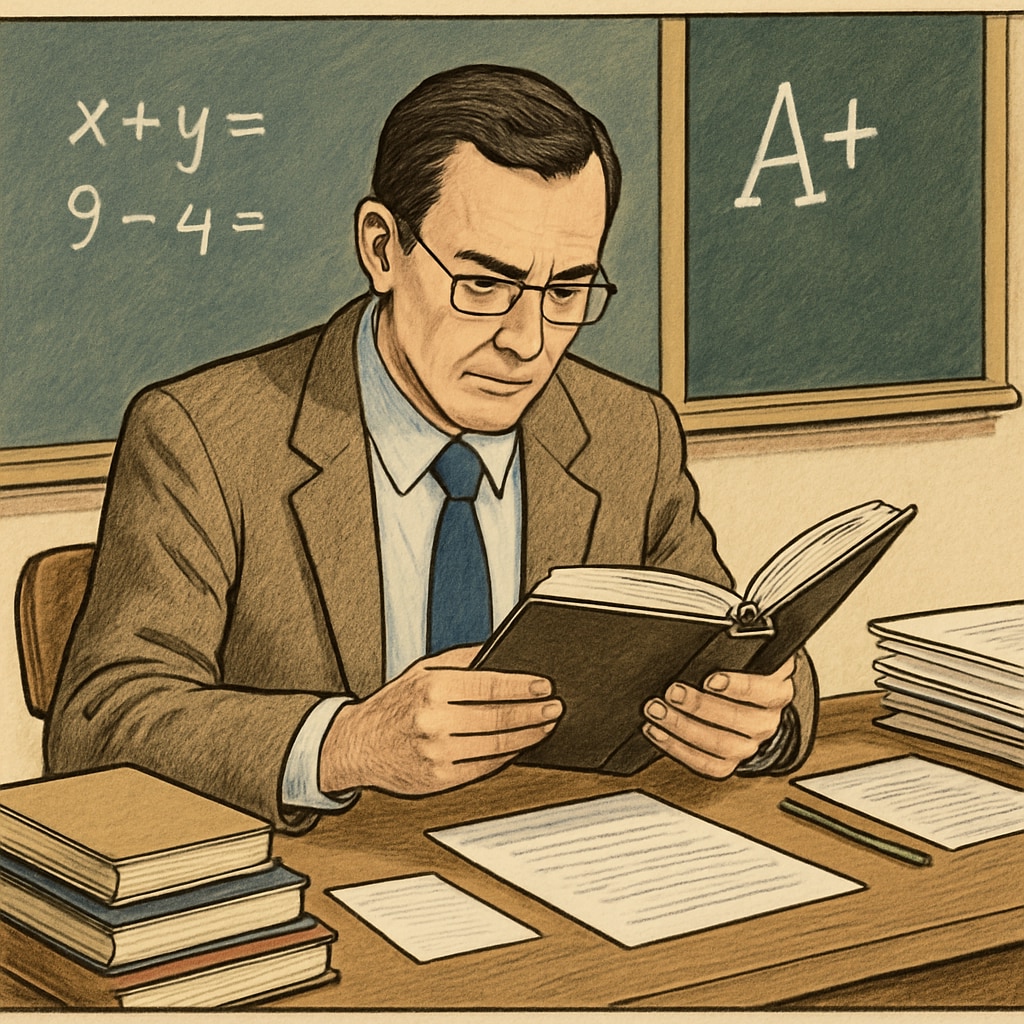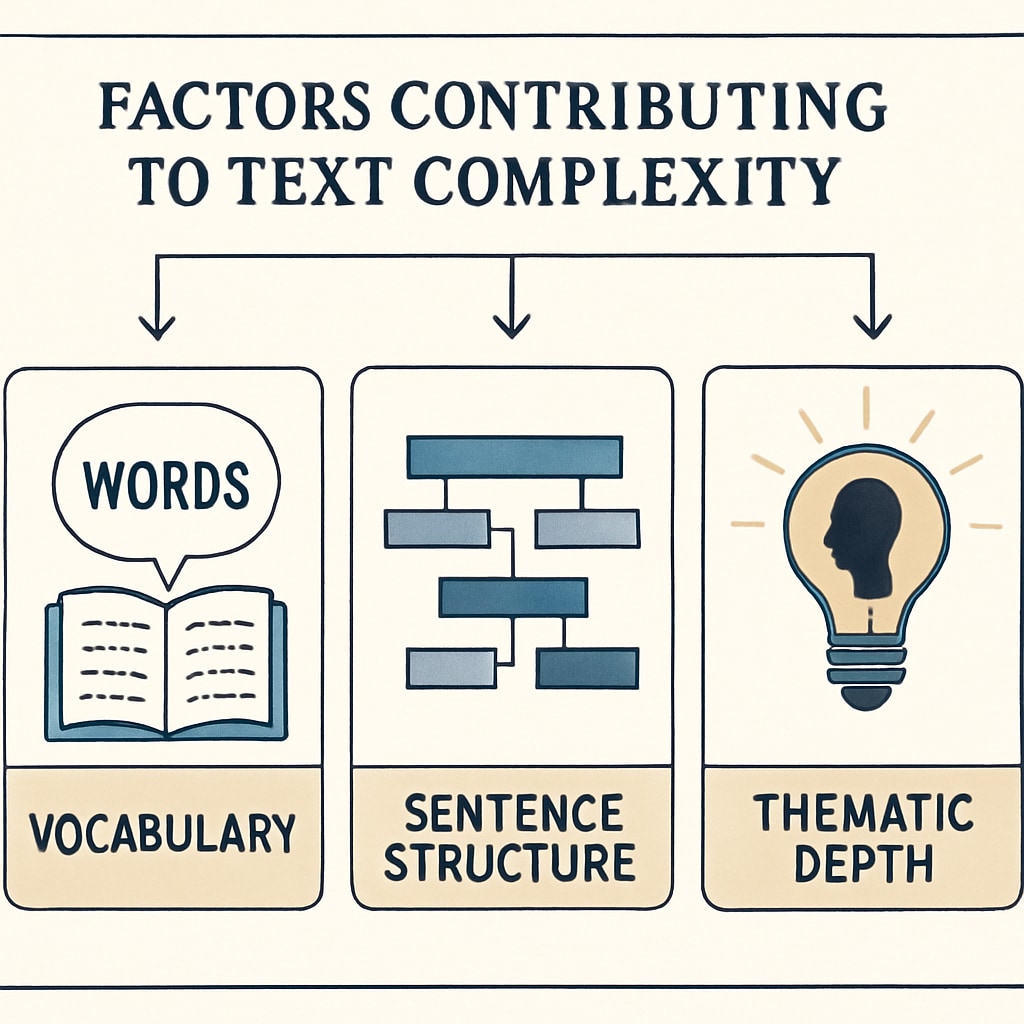Are you a primary or middle school teacher passionate about improving literacy education? If so, we invite you to participate in a groundbreaking research project focused on reading comprehension, teacher volunteers, and text complexity. This study aims to deepen our understanding of how educators perceive and assess the complexity of written texts, a critical factor in enhancing reading education for young learners. By dedicating just 30 minutes of your time, you can play a key role in bridging the gap between research and classroom practice.
Why Teachers Are Essential in Text Complexity Research
Teachers are uniquely positioned to contribute to research on text complexity. Their professional expertise enables them to intuitively assess the readability and appropriateness of texts for students. However, academic research has yet to fully capture the nuances of how educators make these judgments. By participating in this study, you’ll not only help refine theoretical frameworks but also provide practical insights that can improve the selection of instructional materials in K-12 classrooms.
Text complexity is more than just vocabulary difficulty or sentence length. It encompasses various factors, including sentence structure, thematic richness, and cultural references. Teachers’ evaluations can illuminate how these elements influence students’ ability to comprehend texts, ultimately shaping strategies for literacy instruction.

What Participation Involves
Joining this research effort is simple and straightforward. Here’s an overview of what you can expect:
- Time Commitment: Approximately 30 minutes.
- Task: You’ll be asked to evaluate a series of texts based on their complexity and suitability for specific grade levels.
- Format: The study is conducted online, allowing you to participate at your convenience.
- Impact: Your input will directly contribute to a deeper understanding of text complexity and inform future educational practices.
Participation is entirely voluntary, and all responses will be kept confidential. This is an opportunity to contribute to a vital area of educational research while reflecting on your own practices as an educator.
The Broader Implications for K-12 Literacy Education
Understanding text complexity is crucial for designing effective reading curricula. According to the Common Core State Standards, students are expected to engage with increasingly complex texts as they progress through school. However, selecting texts that are challenging yet accessible requires careful consideration. Insights from teachers can guide the development of tools and resources that help educators make these decisions with greater confidence.
For example, research on text complexity can influence:
- Curriculum Design: Ensuring that reading materials align with students’ developmental stages.
- Assessment Tools: Creating more accurate measures of reading comprehension and text difficulty.
- Professional Development: Equipping teachers with strategies to scaffold complex texts for diverse learners.
By participating in this study, you’ll be contributing to advancements that benefit not only your students but also the broader educational community.

How You Can Get Involved
Ready to make a difference in reading education? Signing up is easy. Simply visit our project registration page and complete the short enrollment form. Once registered, you’ll receive detailed instructions on how to participate.
If you have any questions or concerns, our research team is here to support you every step of the way. Together, we can uncover the intricacies of text complexity and improve literacy outcomes for students nationwide.
Join us in shaping the future of reading education. Your expertise matters!
Readability guidance: This article uses concise paragraphs, transition words, and lists to ensure clarity and accessibility. The content avoids excessive jargon while maintaining a professional tone.


